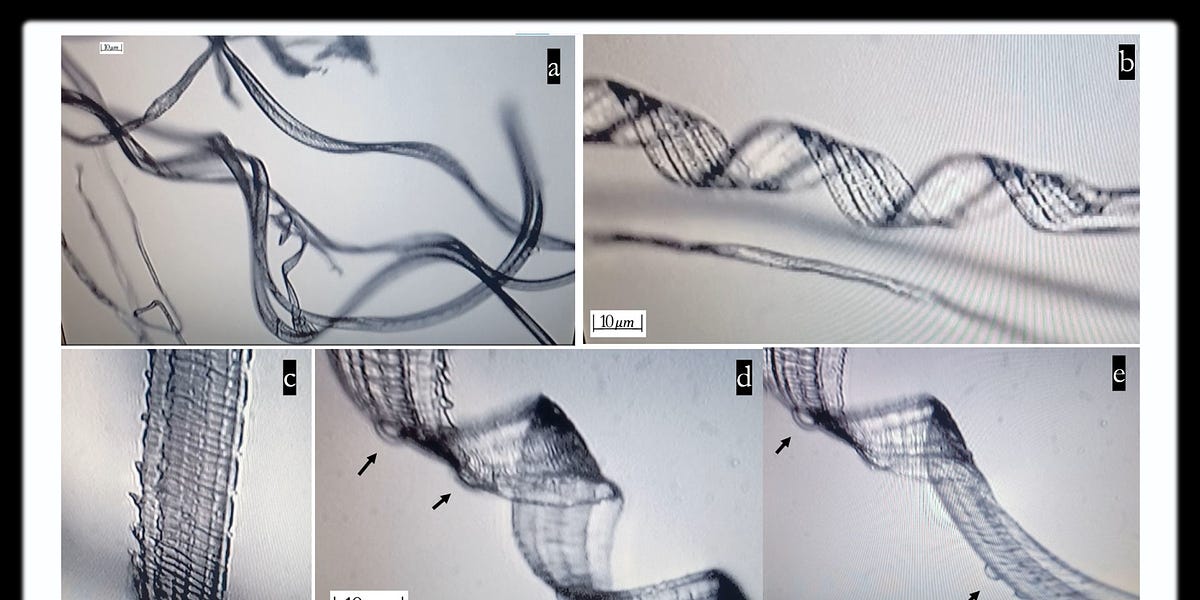- Joined
- Jan 17, 2010
- Messages
- 9,913
- Reaction score
- 12,552
Maya Yang
Study also found that 37% who have gotten vaccines in the past do not plan on getting them this year
Less than half of Americans plan to get their Covid-19 vaccine this year, according to a new survey, and slightly more than half plan to get a flu shot.
In a new report released on Thursday, the Ohio State University’s Wexner Medical Center found that 37% of Americans have gotten vaccines in the past but do not plan to this year. The same percentage of respondents said they do not need any of the vaccines surveyed in the poll, including those against the flu, Covid-19, pneumococcal and respiratory syncytial virus (RSV), the report stated.
The report also found that a slight majority of adults, 56%, have gotten or plan to get the flu shot this fall, while only 43% of adults have gotten or plan to get the Covid-19 vaccine. Moreover, the survey found that adults 65 years and older are most likely to get the recommended vaccines.

- Vacines are unhealty, they elevate my trigliceridies!
In a statement accompanying the report, Nora Colburn, medical director of clinical epidemiology at Ohio State’s Richard M Ross Heart hospital, said: “We’re at the start of respiratory virus season when you have the triple threat of flu, Covid-19 and RSV. Unfortunately, there is a lot of misinformation about vaccinations, but the reality is that they are safe and highly effective in preventing serious illness and death.”
“Older adults, people with certain chronic medical conditions and those who are pregnant are especially at risk during respiratory virus season,” Colburn added.
According to the Centers for Disease Control and Prevention (CDC), the annual flu vaccine is recommended for everyone six months and older. Similarly, the updated Covid-19 vaccination, which the Food and Drug Administration approved in August, is recommended for everyone six months and older.

The CDC also recommends everyone 75 years and older, adults between 60 and 74 years who are at increased risk of severe disease, and people who are between 32 and 26 weeks pregnant from September to January to get the RSV vaccine. Although RSV is a common respiratory virus that usually causes mild, cold-like symptoms, it is the leading cause of infant hospitalization in the US.
Additionally, the CDC recommends everyone who is younger than five years or 65 years and older, as well as children and adults who are at increased risk of severe disease, to get the pneumococcal vaccine. Pneumococcal disease is a name for any infection caused by the bacteria Streptococcus pneumoniae. The various types of infections caused by the bacteria include pneumonia, meningitis, bacteremia (bloodstream infection), otitis media (middle ear infection) and sinusitis (sinus infection).
https://www.theguardian.com/science/2024/sep/14/half-of-americans-plan-to-get-vaccinations
Study also found that 37% who have gotten vaccines in the past do not plan on getting them this year
Less than half of Americans plan to get their Covid-19 vaccine this year, according to a new survey, and slightly more than half plan to get a flu shot.
In a new report released on Thursday, the Ohio State University’s Wexner Medical Center found that 37% of Americans have gotten vaccines in the past but do not plan to this year. The same percentage of respondents said they do not need any of the vaccines surveyed in the poll, including those against the flu, Covid-19, pneumococcal and respiratory syncytial virus (RSV), the report stated.
The report also found that a slight majority of adults, 56%, have gotten or plan to get the flu shot this fall, while only 43% of adults have gotten or plan to get the Covid-19 vaccine. Moreover, the survey found that adults 65 years and older are most likely to get the recommended vaccines.
- Vacines are unhealty, they elevate my trigliceridies!
In a statement accompanying the report, Nora Colburn, medical director of clinical epidemiology at Ohio State’s Richard M Ross Heart hospital, said: “We’re at the start of respiratory virus season when you have the triple threat of flu, Covid-19 and RSV. Unfortunately, there is a lot of misinformation about vaccinations, but the reality is that they are safe and highly effective in preventing serious illness and death.”
“Older adults, people with certain chronic medical conditions and those who are pregnant are especially at risk during respiratory virus season,” Colburn added.
According to the Centers for Disease Control and Prevention (CDC), the annual flu vaccine is recommended for everyone six months and older. Similarly, the updated Covid-19 vaccination, which the Food and Drug Administration approved in August, is recommended for everyone six months and older.

The CDC also recommends everyone 75 years and older, adults between 60 and 74 years who are at increased risk of severe disease, and people who are between 32 and 26 weeks pregnant from September to January to get the RSV vaccine. Although RSV is a common respiratory virus that usually causes mild, cold-like symptoms, it is the leading cause of infant hospitalization in the US.
Additionally, the CDC recommends everyone who is younger than five years or 65 years and older, as well as children and adults who are at increased risk of severe disease, to get the pneumococcal vaccine. Pneumococcal disease is a name for any infection caused by the bacteria Streptococcus pneumoniae. The various types of infections caused by the bacteria include pneumonia, meningitis, bacteremia (bloodstream infection), otitis media (middle ear infection) and sinusitis (sinus infection).
https://www.theguardian.com/science/2024/sep/14/half-of-americans-plan-to-get-vaccinations




